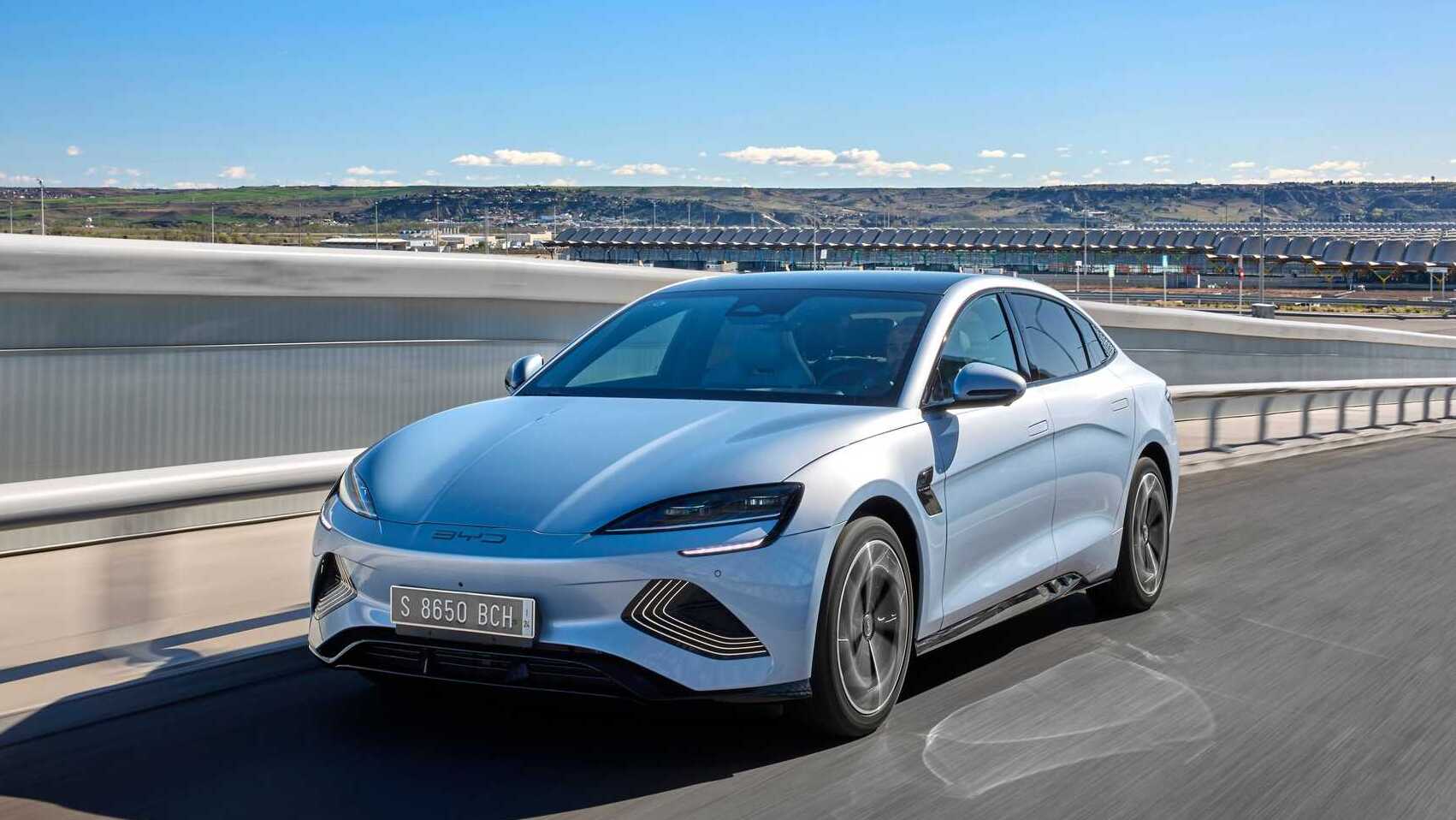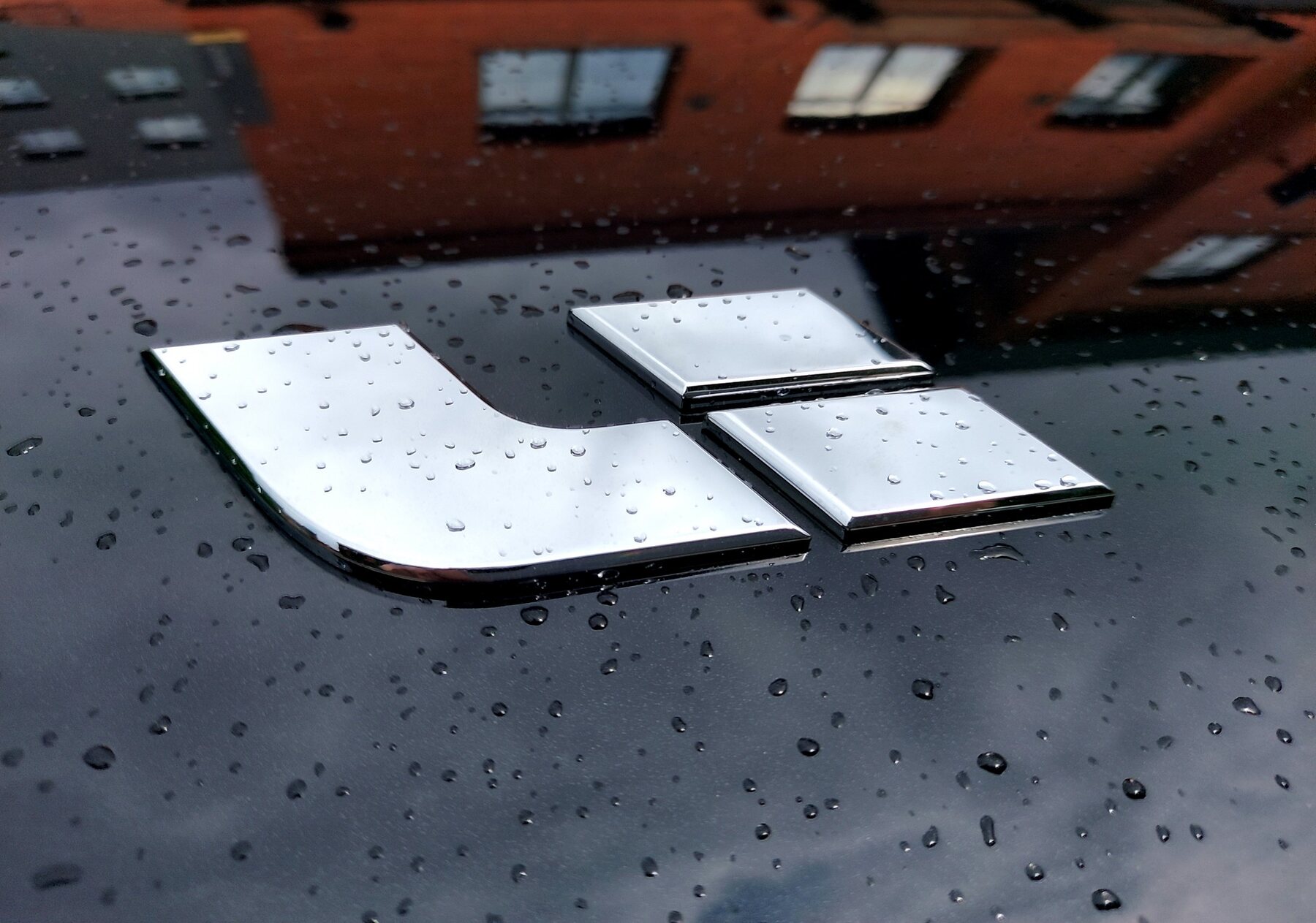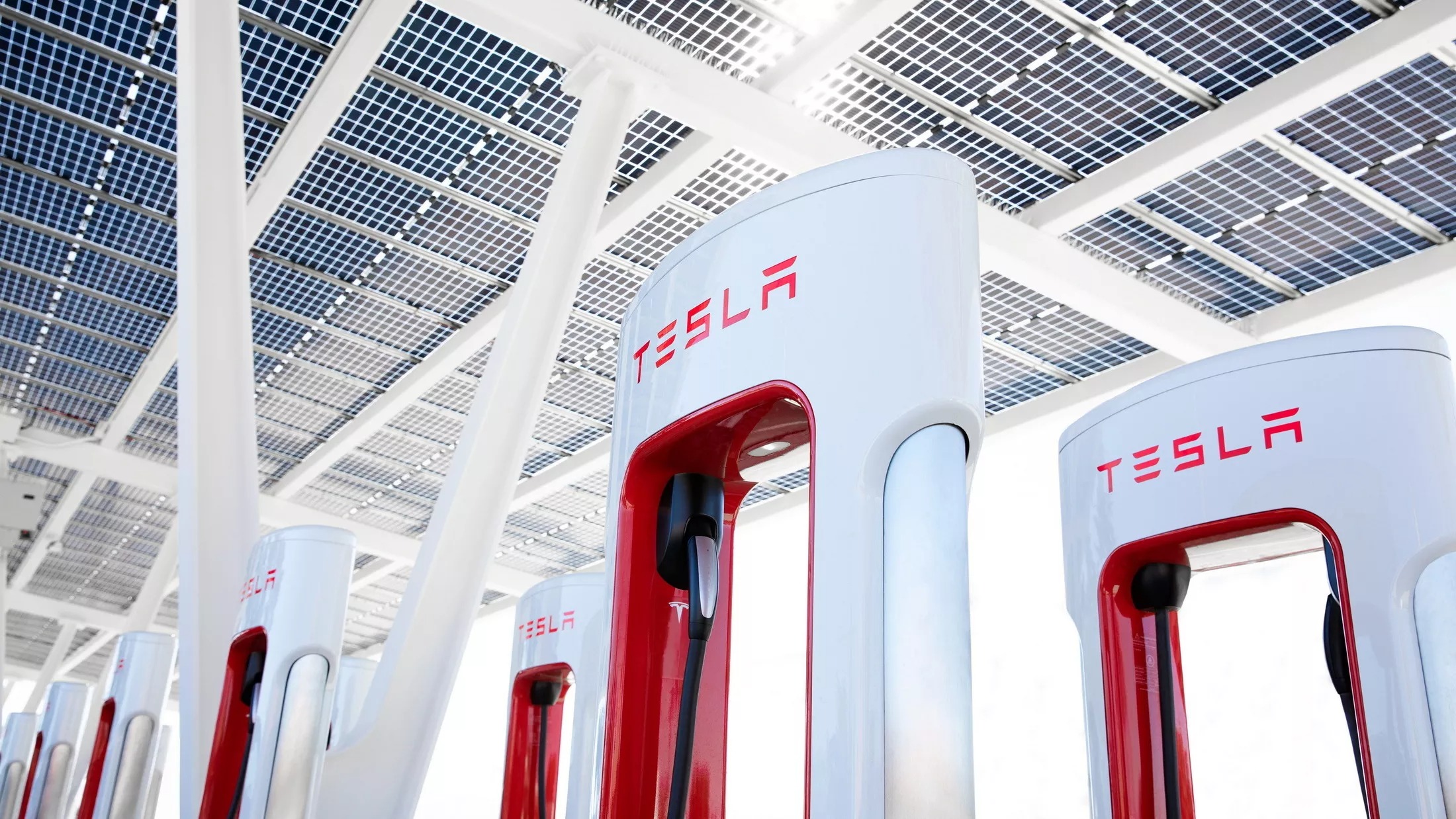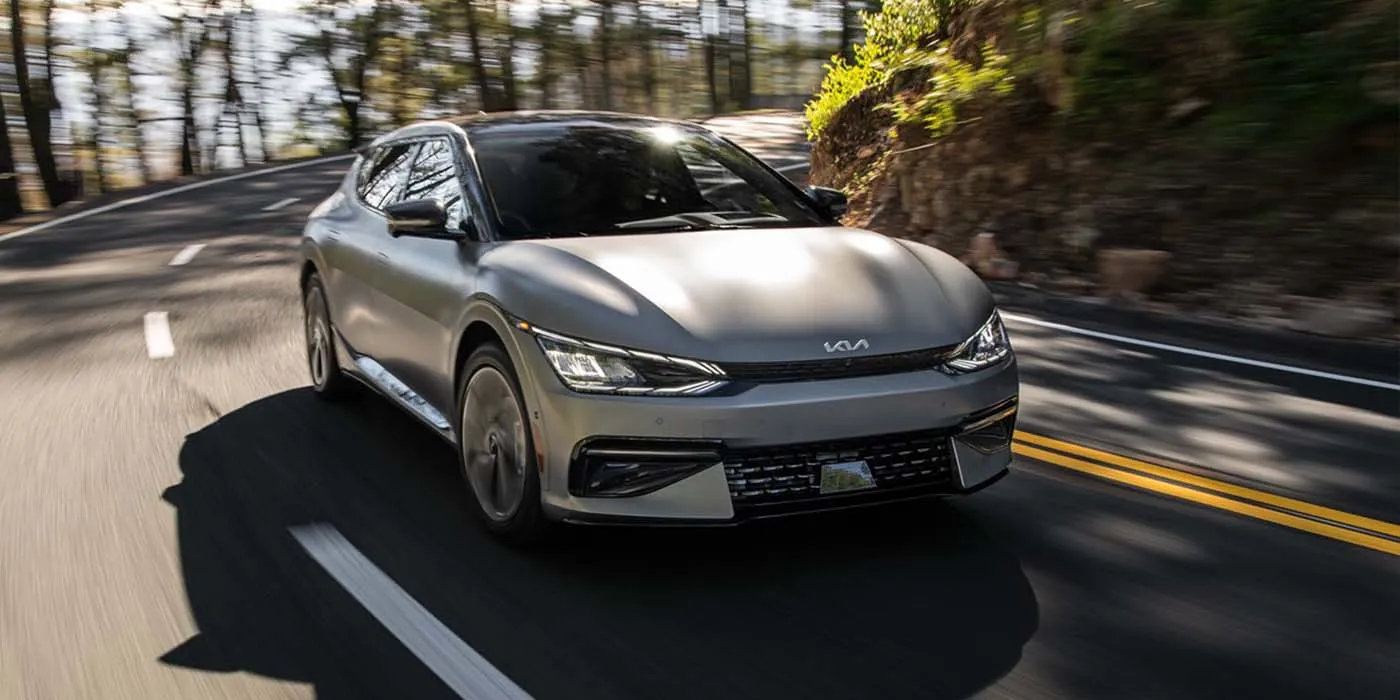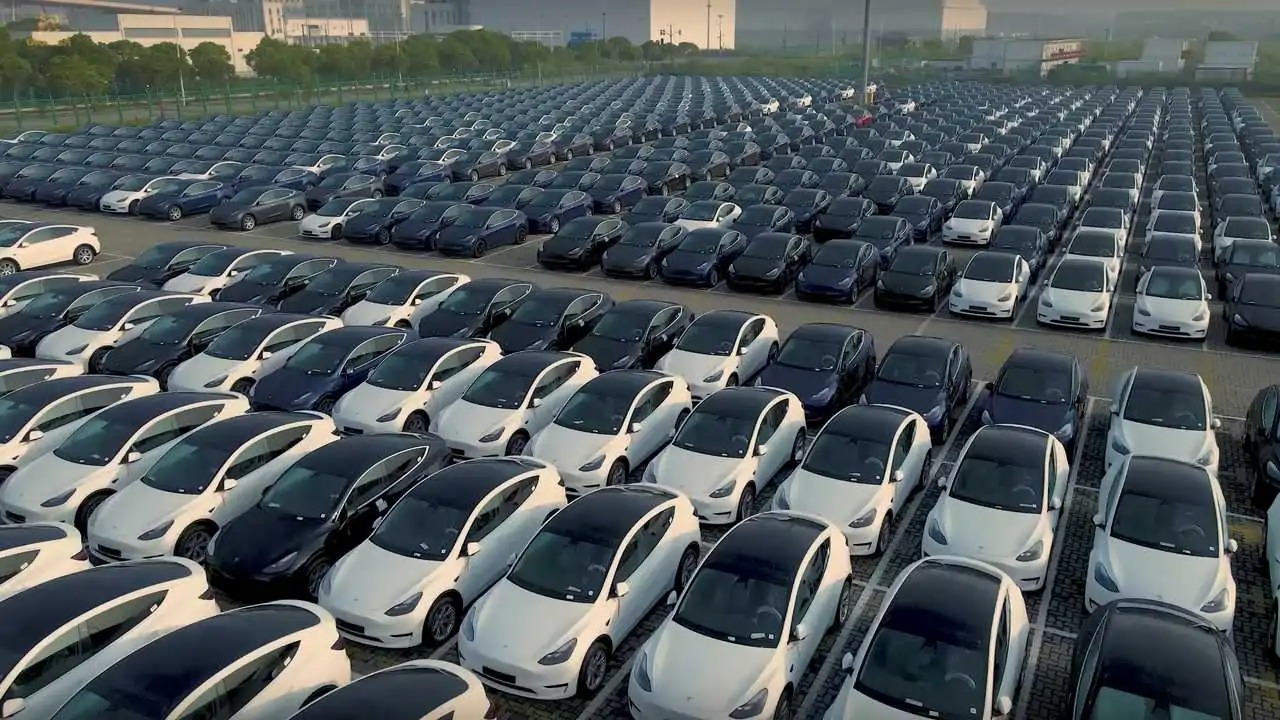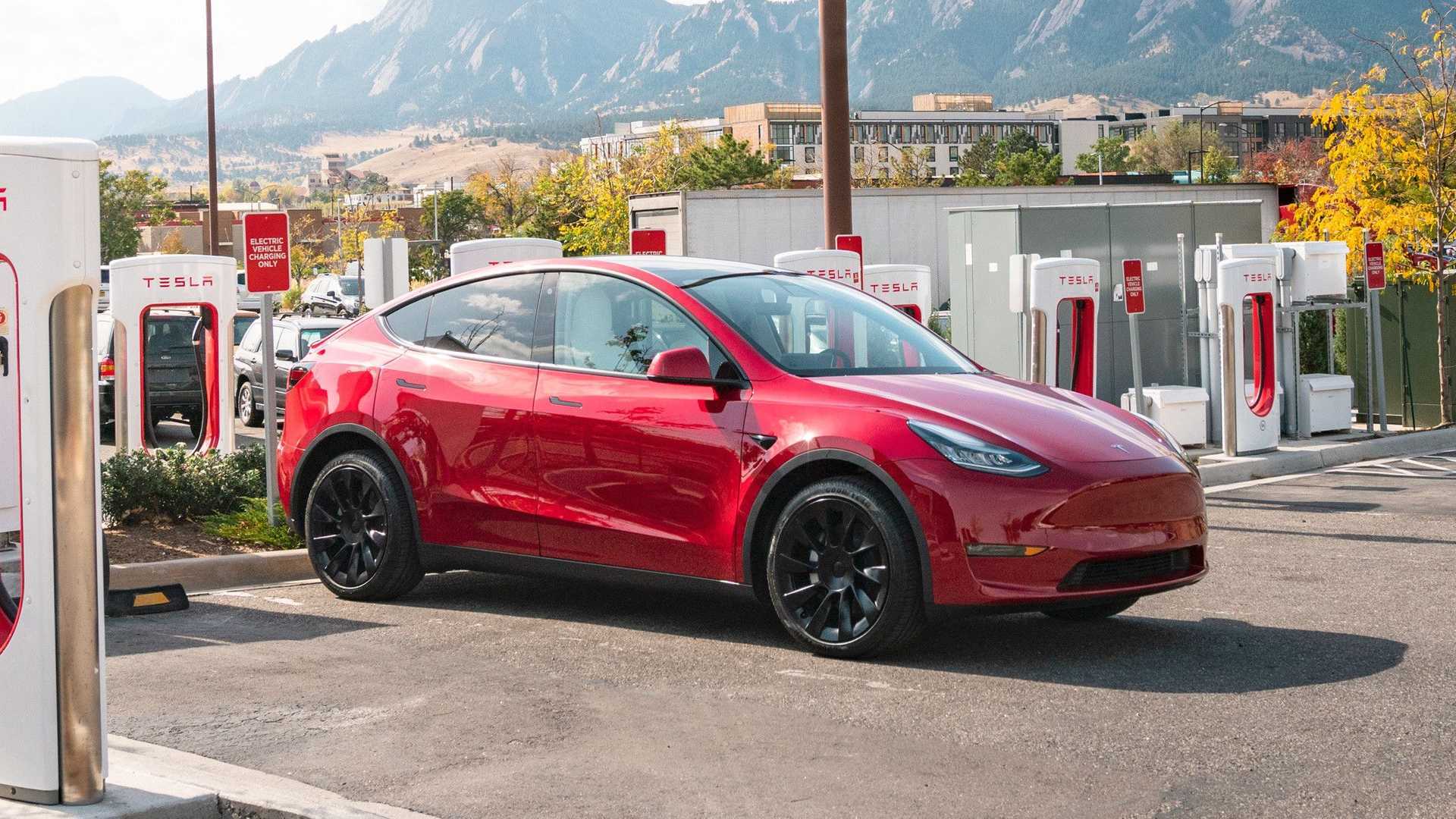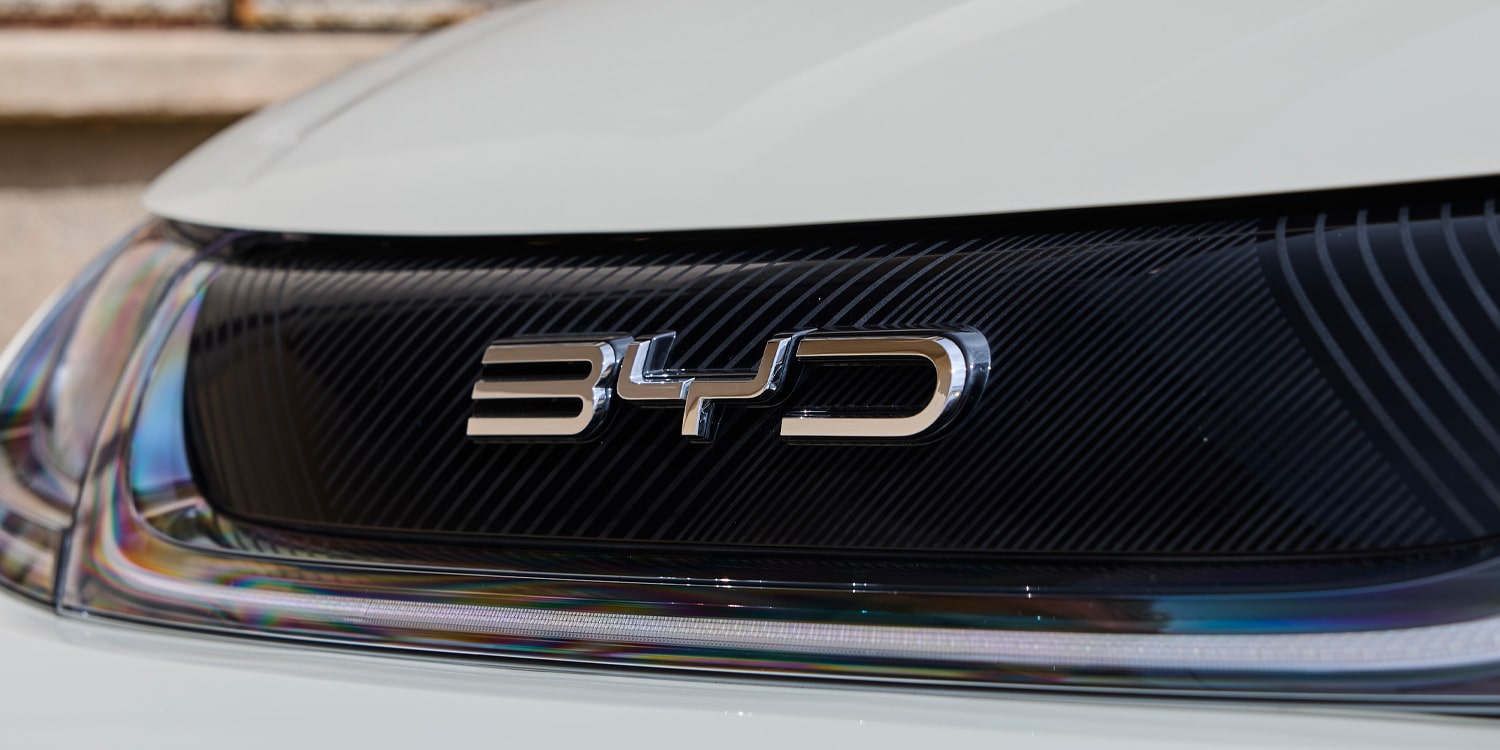China’s automotive sector witnessed an unprecedented surge in new energy vehicle (NEV) sales during October, with figures surpassing the previous record set in September 2023. According to the China Association of Automobile Manufacturers (CAAM), a total of 956,000 NEVs were sold last month, marking a significant 5.75% increase from September.
Comparing the data to October 2022, the growth is even more pronounced, with a substantial 34% surge in sales. Notably, back in October 2022, 714,000 NEVs were sold. CAAM’s figures encompass wholesale data, including vehicles produced for both the domestic and export markets.
Breaking down the NEV category, the majority of sales comprised battery electric vehicles (BEVs), with 646,000 units sold, setting a new record. BEV sales increased by three percent compared to September and an impressive 19 percent compared to October 2022. Plug-in hybrids (PHEVs) accounted for 310,000 units, reflecting a 67.6% to 32.4% ratio with BEVs.
Fuel cell vehicles (FCEVs) maintained a minor presence in the market, with 500 units sold in October. BEV market leader BYD reported a historic milestone, selling over 300,000 vehicles with charging connections in a single month. This included 165,505 BEVs and 135,590 PHEVs, with 30,521 units exported.
Contrary to the historical trend where BYD led in PHEVs, while Tesla dominated BEVs, BYD has extended its lead in the BEV segment. Tesla, a key player in the Chinese market, sold 72,115 electric cars in October, with 43,489 exported and 28,626 sold domestically.
Other notable performers in October included Xpeng, reaching a record-breaking 20,002 vehicle sales, driven by the popularity of the new G6 EV SUV. Nio, though posting a substantial 59.8% year-on-year growth, fell behind Xpeng with 16,074 vehicles sold.
The competition in the NEV market remains intense, with Leapmotor achieving a new record of 18,202 vehicles sold in October. Zeekr, under the Geely brand, demonstrated consistent growth with 13,077 units sold, while Neta experienced a slight decline with 12,085 vehicles sold.
In the premium NEV segment, Aito, the brand from Seres and Huawei, recorded 12,700 sales, with the M7 SUV contributing significantly to the figure. BAIC BJEV maintained a steady presence with 7,014 monthly sales, and Dongfeng’s NEV brand, Voyah, sold 6,067 vehicles. Avatr, a collaboration between Changan, Huawei, and CATL, recorded 3,888 units sold.
The overall Chinese automotive market experienced a modest year-on-year growth of 1.5%, totaling 2.853 million units. NEVs accounted for a notable 33.5% share, while BEVs secured a 22.6% market share. PHEVs represented 10.9%, with FCEVs contributing a marginal 0.017% to the market. The robust growth in the NEV sector signals a dynamic shift in China’s automotive landscape, emphasizing the increasing prominence of electric vehicles.

